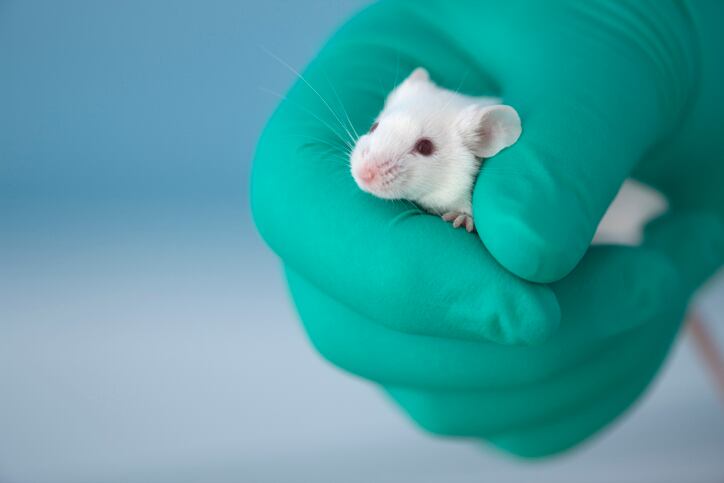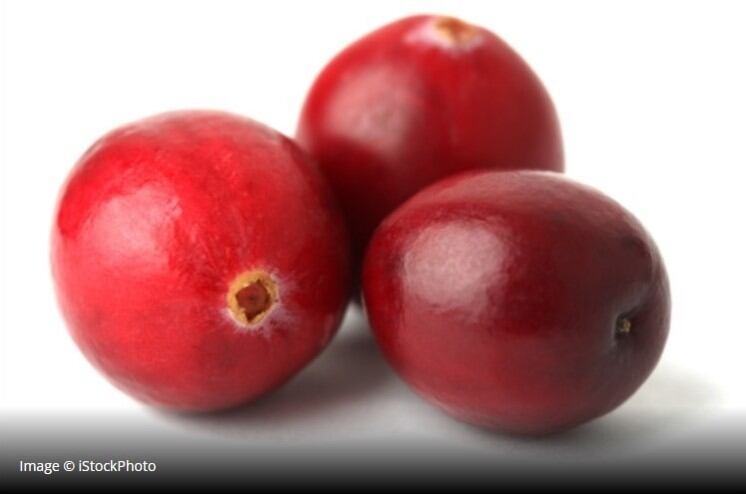The new research was the work of a team of researchers associated with institutions in China. The study was published in the journal Drug Design, Development and Therapy. The study was funded via Chinese public research sources.
The researchers were investigating the effects of the polysaccharide fractions of the botanical Anoectochilus roxburghii (Wall.) Lindl., which is an orchid species native to China. It carries the common names Copper-Glint Orchid and Hong Kong Jewel Orchid.
According to the authors, the polysaccharides that can be extracted from this plant “have been reported to exhibit multiple pharmacological activities including anti-inflammatory and anti-hyperglycemia.”
The researchers purchased a powder made from the botanical from a Chinese bulk pharmaceutical ingredients supplier. They did report on whether the powder was derived from specific plant parts or was sourced from the whole plant. They then performed a water/ethanol extraction to arrive at a test material high in polysaccharide content. The extracted material contained arabinose, galactaric acid, mannose and galactose among other polysaccharides.
Gut/brain axis theory
The researchers’ hypothesis was that the Anoectochilus roxburghii polysaccharides (ARPs) would exert their cognitive effects by bringing about changes in the gut and affecting cognitive processes via the gut brain axis.
To test this the researchers divided six week old mice into three groups. Two groups were fed a diet of 60% fat supplemented with ARPs at 1 mg/g and 3 mg/g dosages. A third high fat diet group was supplemented with metformin to act a positive control.
The mice were fed the high fat diet with the ARPs and the metformin for six weeks during which time some of the training for the tests and teh actual test runs were performed.
Among the primary measures for cognitive function was the Morris Water Maze test in which the mice were tested to see if they could remember where a respite platform was located while swimming in a tank filled with opaque water. The mice had to remember the location of the platform via shapes and colors on the side of the circular tank. The mice also performed an exploration test in a Y-shaped maze.
The researchers also conducted a glucose sensitivity test during the experiment after withholding food for 24 hours.
After the six week experiment period the mice were euthanized. The hippocampus and colon of each mouse was removed for further study which included both tissue examination as well as a characterization of the gut microbiota.
AFPs cut effects of high fat diet
The researchers found that the ARPs significantly improved the ability of the mice to memorize the platform location. In a separate test, where the platform was removed, teh treated mice spent more time swimming in that location than did the control mice. These effects were dose dependent, the researchers said.
The treated mice had fewer negative morphological changes associated with neuroinflammation brought on by a high fat diet in their hippocampuses. They also showed less evidence of inflammation in their colons. One significant limitation of the study was the small
“ARPs ameliorated memory and cognitive impairment in obese mice by improving neuroinflammation induced by HFD. Meanwhile, ARPs supplementation restored intestinal barrier integrity and balanced gut microbial dysbiosis. The results confirmed the potential effect of ARPs on ameliorating cognitive impairment and provided a theoretical basis for the development of functional herbal extracts,” the researchers concluded.
Source: Drug Design, Development and Therapy.
DOI: 10.2147/DDDT.S356934
Dietary Supplement of Anoectochilus roxburghii (Wall.) Lindl. Polysaccharides Ameliorates Cognitive Dysfunction Induced by High Fat Diet via "Gut-Brain" Axis
Authos: Fu L, et. al.




